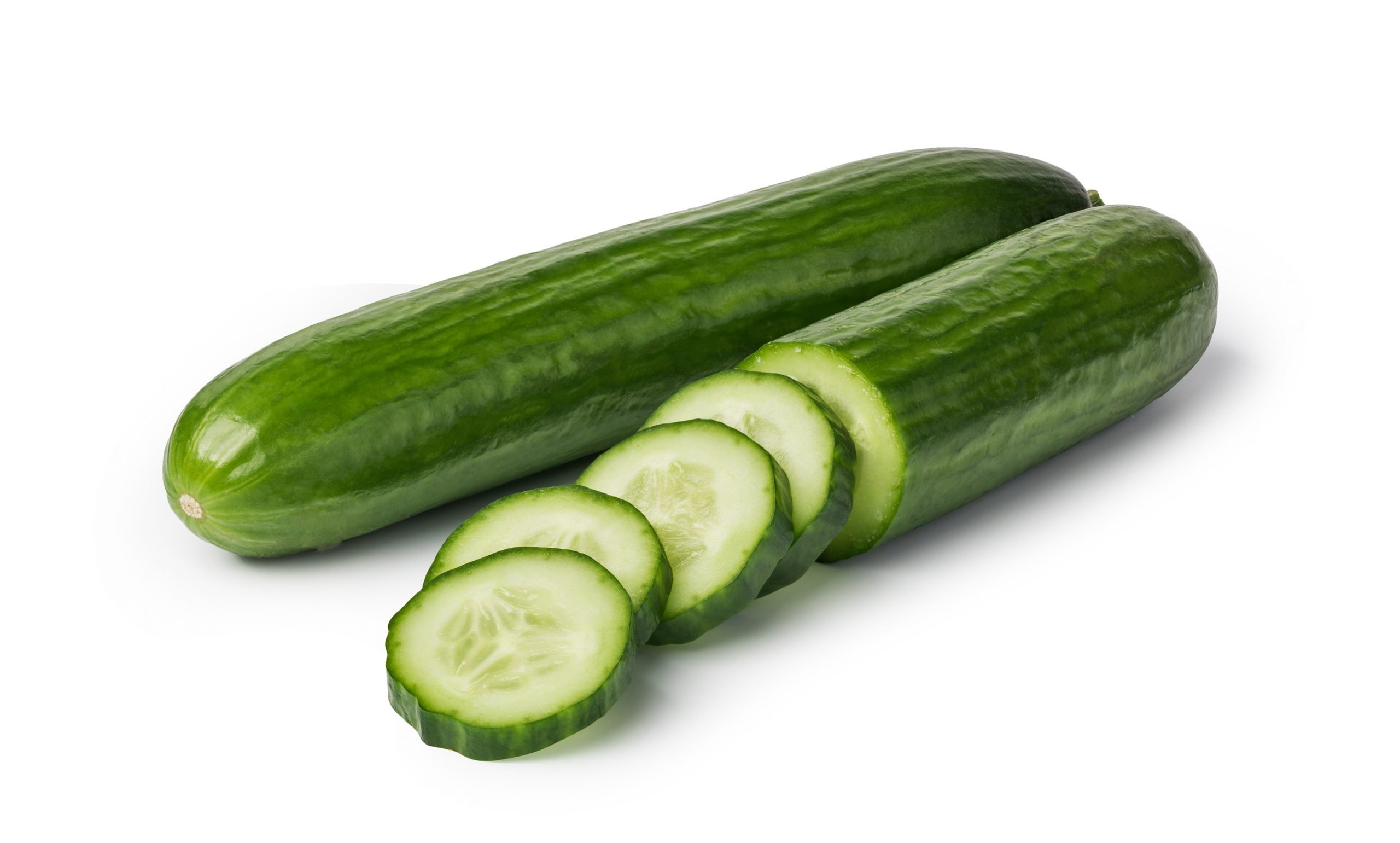Passionfruit Companion Plants That Will
Passionfruit Companion Plants That Will Enhance Your Yield and Flavor
Passionfruit is a delicious and versatile fruit that can be enjoyed in a variety of ways. Whether you eat it fresh, juice it, or bake it into desserts, passionfruit is a surefire way to add a tropical twist to your meals.
If you're growing passionfruit in your garden, there are a few companion plants that can help you boost your yield and improve the flavor of your fruit. In this blog post, we'll discuss some of the best companion plants for passionfruit, as well as some tips for planting and caring for these plants together.
What are Companion Plants?
Companion planting is a gardening practice that involves planting different types of plants together in order to create a mutually beneficial relationship. Some plants, for example, can help to attract beneficial insects that will help to control pests, while others can help to improve the soil quality or provide shade.
When choosing companion plants for passionfruit, it's important to consider the needs of both plants. Passionfruit vines need full sun and well-drained soil. They also benefit from being planted near a trellis or other support structure.
Some of the Best Companion Plants for Passionfruit
- Beans: Beans are nitrogen-fixing plants, which means they can help to improve the soil quality for passionfruit. They also help to suppress weeds and attract beneficial insects.

- Cucumbers: Cucumbers and passionfruit have similar growing requirements, so they can be planted together quite successfully. They also help to shade the roots of passionfruit plants, which can help to prevent them from overheating.

- Herbs: Many herbs, such as basil, mint, and oregano, can help to attract beneficial insects that will help to control pests. They can also help to improve the flavor of passionfruit.

- Lettuce: Lettuce is a low-growing plant that can help to suppress weeds and provide shade for the roots of passionfruit plants. It also helps to attract beneficial insects.
- Onions: Onions release sulfur compounds that can help to repel pests. They also help to improve the flavor of passionfruit.

- Squash: Squash plants can help to shade the roots of passionfruit plants and prevent them from overheating. They also help to suppress weeds.

How to Plant and Care for Passionfruit Companion Plants
When planting passionfruit companion plants, it's important to space them properly. Beans and cucumbers should be planted about 1 foot apart, while herbs and lettuce can be planted about 6 inches apart. Squash plants should be planted about 2 feet apart.
All of these plants need full sun and well-drained soil. They should be watered regularly, especially during hot, dry weather. Passionfruit vines will need to be trained to grow on a trellis or other support structure.
Conclusion
By planting passionfruit companion plants, you can boost your yield and improve the flavor of your fruit. These plants can also help to attract beneficial insects, suppress weeds, and improve the soil quality.
If you're looking for ways to improve your passionfruit crop, consider planting some of these companion plants in your garden. You won't be disappointed!
Passionfruit is a delicious and versatile fruit that can be grown in many different climates. If you're thinking about planting passionfruit in your garden, you may be wondering what companion plants to grow with it. Some good companion plants for passionfruit include:
- Marigolds: Marigolds help to repel pests, such as aphids and whiteflies, that can damage passionfruit plants.
- Basil: Basil helps to improve the flavor of passionfruit fruit.
- Tomatoes: Tomatoes and passionfruit plants can benefit from each other's growth. Tomatoes help to attract beneficial insects that pollinate passionfruit flowers, and passionfruit plants help to shade tomatoes from the sun.
- Beans: Beans fix nitrogen in the soil, which can benefit passionfruit plants.
- Cucumbers: Cucumbers and passionfruit plants can share a trellis, and they both need similar growing conditions.
For more information about passionfruit companion plants, you can visit Gardenia Inspiration. This website has a comprehensive list of companion plants for passionfruit, as well as other information about growing passionfruit, such as how to plant it, how to care for it, and how to harvest it.
FAQ of passionfruit companion plants
- What are the best companion plants for passionfruit?
Some of the best companion plants for passionfruit include:
- Potatoes, beets, Swiss chard, carrots, spinach, strawberries, eggplants, onions, leeks, lettuce. These plants help to attract beneficial insects and pollinators, which can help to improve the pollination and yield of the passionfruit plants. They also help to suppress weeds and diseases.
- Tansy, borage, basil, southernwood, comfrey and other nitrogen fixing plants. These plants help to add nitrogen to the soil, which is essential for the growth of passionfruit plants. They also help to improve the drainage of the soil, which can help to prevent root rot.
- Garlic, onion, asparagus. These plants help to repel pests and diseases, which can help to protect the passionfruit plants. They also help to improve the flavor of the passionfruit fruit.
- What are some of the benefits of planting companion plants with passionfruit?
There are many benefits to planting companion plants with passionfruit, including:
- Improved pollination and yield. Companion plants can attract beneficial insects and pollinators, which can help to improve the pollination and yield of the passionfruit plants.
- Suppression of weeds and diseases. Companion plants can help to suppress weeds and diseases, which can help to keep the passionfruit plants healthy.
- Improved soil quality. Some companion plants, such as nitrogen-fixing plants, can help to improve the soil quality, which can benefit the growth of passionfruit plants.
- Enhanced flavor. Some companion plants, such as garlic and onion, can help to enhance the flavor of the passionfruit fruit.
- What are some of the challenges of planting companion plants with passionfruit?
There are a few challenges that can be associated with planting companion plants with passionfruit, including:
- Competition for resources. Companion plants can compete with passionfruit plants for water, nutrients, and sunlight.
- Incompatibility. Some companion plants may be incompatible with passionfruit plants and can cause problems such as pests or diseases.
- Disease transmission. Companion plants can sometimes transmit diseases to passionfruit plants.
- How do I choose the right companion plants for my passionfruit plants?
When choosing companion plants for passionfruit plants, it is important to consider the following factors:
- The climate. Some companion plants are better suited for certain climates than others.
- The soil type. Some companion plants prefer certain soil types over others.
- The needs of the passionfruit plants. Passionfruit plants have certain needs, such as full sun and water, and companion plants should be chosen that can meet these needs.
- The compatibility of the plants. It is important to choose companion plants that are compatible with passionfruit plants and will not cause any problems.
- How do I plant companion plants with passionfruit?
To plant companion plants with passionfruit, follow these steps:
- Choose a location that receives full sun and has well-drained soil.
- Prepare the soil by amending it with compost or other organic matter.
- Plant the passionfruit plants and companion plants according to their respective instructions.
- Water the plants well and mulch around them to help retain moisture.
- Monitor the plants regularly and provide them with water and fertilizer as needed.

Post a Comment for " Passionfruit Companion Plants That Will"